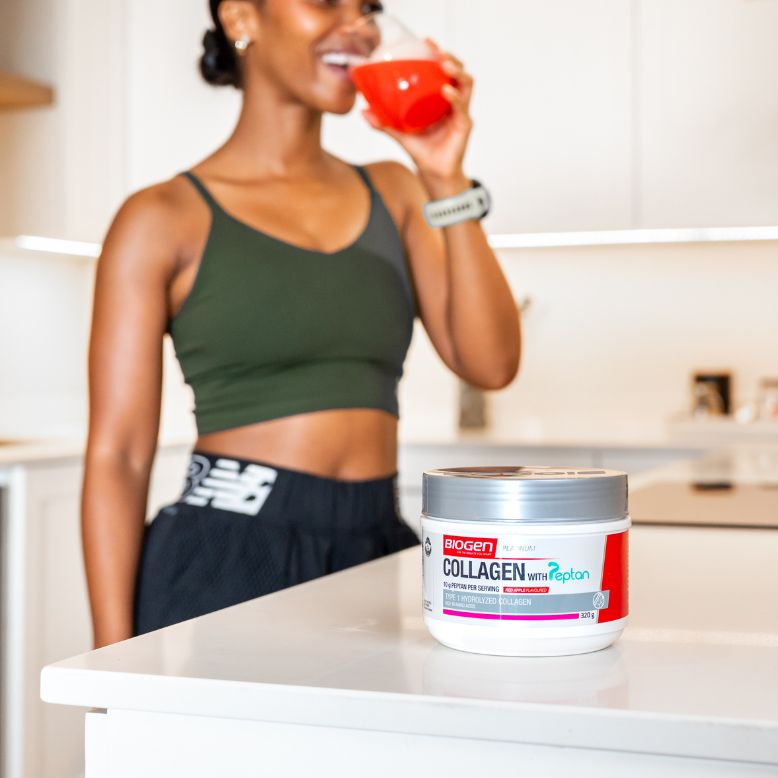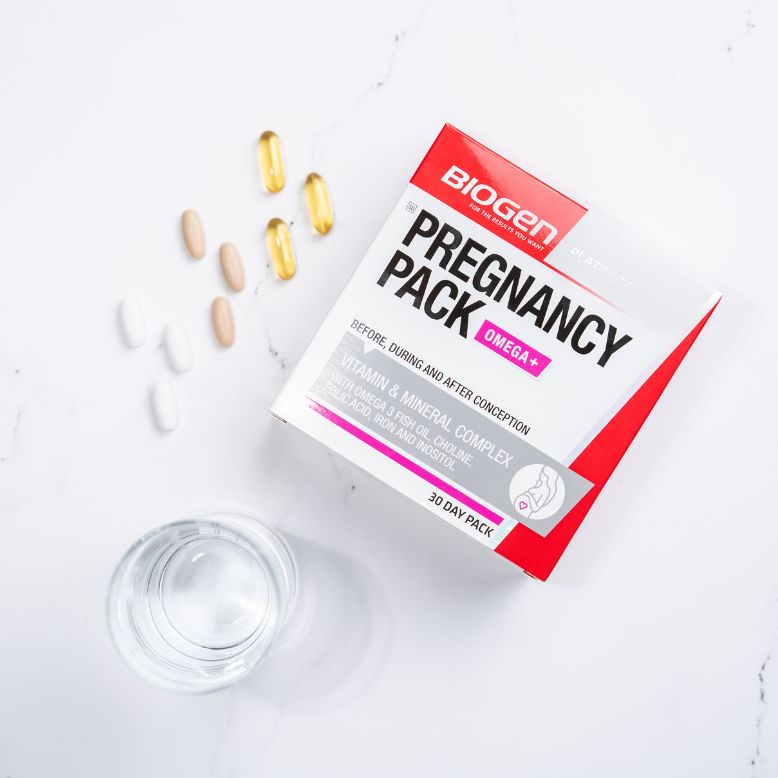
Following an active and healthy lifestyle before, during and after childbirth is not only important for moms but also offers significant benefits for their children.
Women who follow a healthy lifestyle and manage their stress, with a nutritious and calorie-controlled diet, sufficient sleep, and regular exercise, are not only more likely to fall pregnant but also typically enjoy lower-risk pregnancies and generally have better experiences during childbirth.
Developing a comprehensive regular exercise routine before falling pregnant also makes it easier to maintain your activity levels throughout the pregnancy and into the postpartum recovery phase, offering additional physical and emotional benefits to new moms and their bundles of joy.
References:
- Dağ ZÖ, Dilbaz B. Impact of obesity on infertility in women. J Turk Ger Gynecol Assoc. 2015 Jun 1;16(2):111-7. doi: 10.5152/jtgga.2015.15232. PMID: 26097395; PMCID: PMC4456969
- Silvestris E, de Pergola G, Rosania R, Loverro G. Obesity as disruptor of the female fertility. Reprod Biol Endocrinol. 2018 Mar 9;16(1):22. doi: 10.1186/s12958-018-0336-z. PMID: 29523133; PMCID: PMC5845358.
- Haby K, Gyllensten H, Hanas R, Berg M, Premberg Å. A Lifestyle Intervention During Pregnancy and Its Effects on Child Weight 2.5 Years Later. Matern Child Health J. 2022 Sep;26(9):1881-1890. doi: 10.1007/s10995-022-03395-5. Epub 2022 Mar 6. PMID: 35253077; PMCID: PMC9374787.
- Ferrari N, Bae-Gartz I, Bauer C, Janoschek R, Koxholt I, Mahabir E, Appel S, Alejandre Alcazar MA, Grossmann N, Vohlen C, Brockmeier K, Dötsch J, Hucklenbruch-Rother E, Graf C. Exercise during pregnancy and its impact on mothers and offspring in humans and mice. J Dev Orig Health Dis. 2018 Feb;9(1):63-76. doi: 10.1017/S2040174417000617. Epub 2017 Aug 7. PMID: 28780912.
- Kathryn R. Hesketh, Laura Goodfellow, Ulf Ekelund, Alison M. McMinn, Keith M. Godfrey, Hazel M. Inskip, Cyrus Cooper, Nicholas C. Harvey, Esther M.F. van Sluijs; Activity Levels in Mothers and Their Preschool Children. Pediatrics April 2014; 133 (4): e973–e980. 10.1542/peds.2013-3153.
- Xu C, Quan M, Zhang H, Zhou C, Chen P. Impact of parents’ physical activity on preschool children’s physical activity: a cross-sectional study. PeerJ. 2018 Feb 27;6:e4405. doi: 10.7717/peerj.4405. PMID: 29503768; PMCID: PMC5833469.










